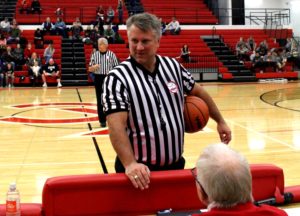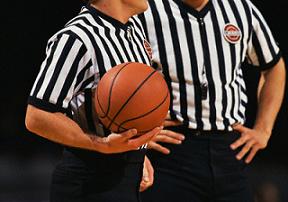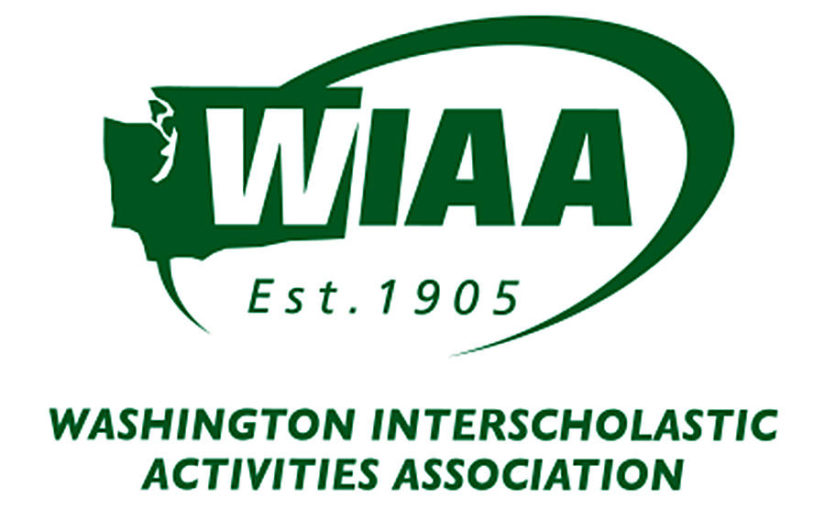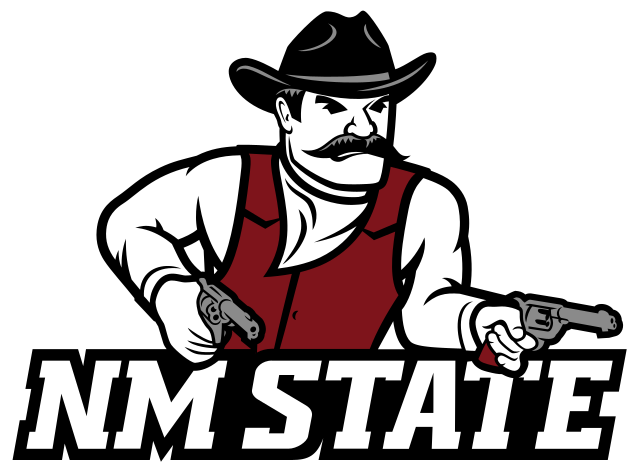Lessons learned from coaching and refereeing games
With experience as a coach and official, working on both sides of the sidelines has helped me improve in each role. These perspectives made me aware of what coaches or referees may be thinking at any moment, and there are times I wish my counterpart could stand in my shoes to gain that same knowledge.
 I was introduced to officiating by two of my coaches, who also blew the whistle. I played soccer at Division II Springfield College in Massachusetts, and among the courses I took as a physical education major were officiating classes for basketball and softball. I quickly became certified to work games, and since then have called baseball and basketball in a number of states at levels ranging from Class A minor league baseball to high school and college basketball. I’m now the head soccer coach at U.S. Merchant Marine Academy in New York, but I continue to officiate basketball. I firmly believe refereeing has made me a better coach, and coaching has made me a better official.
I was introduced to officiating by two of my coaches, who also blew the whistle. I played soccer at Division II Springfield College in Massachusetts, and among the courses I took as a physical education major were officiating classes for basketball and softball. I quickly became certified to work games, and since then have called baseball and basketball in a number of states at levels ranging from Class A minor league baseball to high school and college basketball. I’m now the head soccer coach at U.S. Merchant Marine Academy in New York, but I continue to officiate basketball. I firmly believe refereeing has made me a better coach, and coaching has made me a better official.
I’m bothered as a coach when an official comes running from his car for a soccer match minutes before kickoff. Unforeseen circumstances may have made him late, but without a proper pregame meeting, the official may not be in the right frame of mind to work that match.
As a coach, I notice when an official spends an extended period of time chatting with my rival coach during pregame warmups, especially when I’m on the road and not familiar with the referees. This doesn’t necessarily mean that I’m going to get the short end of the stick, but it can make me wary and question whether I’ll be treated fairly. When officiating basketball, I’m very conscious to greet each coach in the same manner and not have side conversations with coaches or those in the stands, even at the risk of seeming standoffish to those I may have known a long time. The perception of potential favoritism can be a poor way to enter a game.
No matter what level of basketball I’m working, I try to approach every game as the most important contest that will be played that night. Whether it’s for first place or between two cellar dwellers, the game is meaningful to coaches, fans and players. Coaching in a blow out, some of my soccer players may see more field time than usual, and I want all officials to call the game fairly until the final whistle. As officials, we need to remind each other that we get paid for the entire game, so it’s mandatory to keep hustling, working hard and calling a fair game, even when the verdict is in hand.
Coaches can get emotional and not see the game on an even plane. This can be because the time and effort they put into preparing for that contest. As coaches, we hate to see anything get in the way of victory, including rulings that may not go our way. Officials need to understand this emotion and give the coach some leeway, especially when odd situations occur. Calm communication from both parties can be the most effective strategy in these instances. Coaches must also keep themselves under control, set a proper example for their players and separate emotional views from reality.
 I’m bothered when a coach yells, “You have it in for me!” Do they really think I care who wins? Coaches need to understand that the overwhelming majority of officials are working hard and have no stake in the game. Officials should walk away from the coach at times and not linger where they may hear something they shouldn’t. For an official or a coach, sometimes the best remedy is to stay away from one another until emotions settle.
I’m bothered when a coach yells, “You have it in for me!” Do they really think I care who wins? Coaches need to understand that the overwhelming majority of officials are working hard and have no stake in the game. Officials should walk away from the coach at times and not linger where they may hear something they shouldn’t. For an official or a coach, sometimes the best remedy is to stay away from one another until emotions settle.
As coaches, we may live or die with every play and call, but officials also take pride in their work. Following a game, or during film review, officials should talk with one another and examine what happened. I feel awful when I miss a call, but I work with my crew to determine how we can avoid it moving forward. Officials care, and not just because their assignors hold them responsible for their actions, but because they want to be flawless from day one and constantly improve.
I’ve had coaches tell me after a game, “My ratings will get you.” Coaches should rate officials after all contests. When my fellow college coaches complain about officiating, the first thing I ask is whether they rate officials in all their contests. That should be a habit. Make positive comments when called for — even after a loss — and make negative comments after wins. Don’t just complain about decisions that “cost us the game.”
Professionalism is the most important quality in coaches and officials. Seeing things from another perspective can help you succeed, and living life on both sides of the line can be a great advantage. Coaches and officials are committed to improving the sports they love through well-executed contests. Though coaches are more invested in a specific outcome, respect and recognition of each other’s viewpoints is a win-win.
Michael Smolens is the head soccer coach, associate athletic director and physical education teacher at the United States Merchant Marine Academy in New York. He’s also an experienced official in minor league baseball and high school/college basketball.





